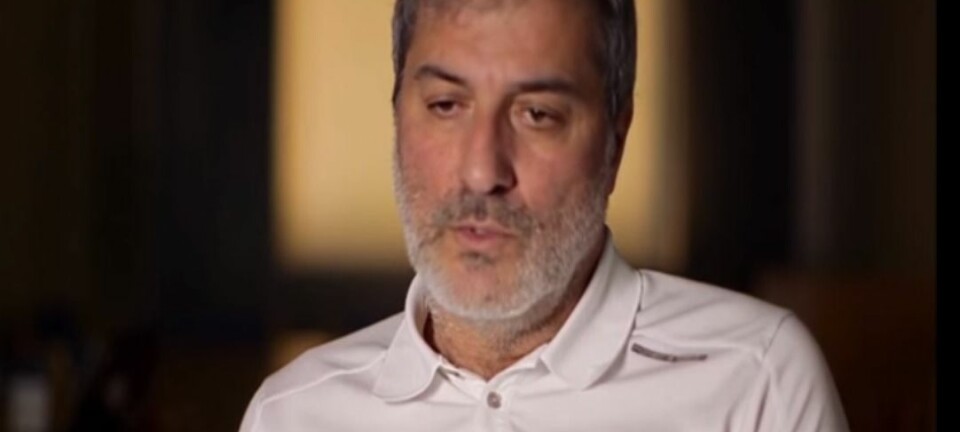
Scientists tweak results in human trials
Scientists all too often fiddle with the results of human trials to make new drugs or treatment plans appear more effective than they actually are.
Scientists who receive public funding may not have financial interests in the success of new drugs or treatments, but there are still many examples of data-tweaking in human trials that make treatments seem more effective than they actually are, shows new research.
"When the research is based on public funds it’s important that it generates credible information for the public good. But our study shows that even researchers who are independent of industry often publish their results in such a way that they appear more positive than they actually are," says lead-author Louise Berendt who conducted the research at Bispebjerg Hospital, Denmark.
"The implication is that doctors and patients might choose the wrong treatment because they’re basing a decision on incorrect evidence,” she says.
The new results are published in BioMed Central.
Scientists ‘handpick’ data
Berendt examined 95 publically funded clinical trials from Denmark, published between 1999 and 2003. She found problems regarding the credibility of their results in 61 of these studies.
"There’s often a difference between what the scientists have been authorised to investigate and what they’ve published," says Berendt.
Researchers can handpick the best data needed to achieve a positive result and leave out other data, or change their methods or hypotheses when they attempt to publish the results.
This publication bias distorts the knowledge base upon which doctors make decisions for treatments, and in the worst-case scenario, it can cause unnecessary suffering and even death of patients.
End-goal of trials are adjusted
This problem is not new. Previous studies have shown similar results in both publically and privately funded clinical trials.
"There were serious discrepancies in over 50 per cent of the studies we reviewed--both privately funded and publicly funded trials. Basically it’s a big problem," says Asbjørn Hrobjartsson, a professor of evidence-based medicine and clinical research methodology at University of Southern Denmark.
The biggest problem that Hrobjartsson came across in his own work was that scientists tended to change the end-goal of their research and did not investigate the research questions in their original funding applications.
Doctors risk prescribing the wrong treatment
Hrobjartsson agrees that this kind of behaviour cannot be described as honest.
"Doctors try to find a reasonable balance between efficacy and side effects of different treatments, by reviewing various studies,” says Hrobjartsson.
“If the scientists handpick their data to publish a better result, it skews the balance between harmful and beneficial effects of a treatment," he says, and adds that there is a tendency to publish results in a positive light while holding back on publishing the harmful side-effects.
Publication bias is a breach of good scientific practice, according to the The World Medical Association (WMA). And according to EU rules, scientists are obliged to obtain official authorisation to make significant changes to their studies, including changes to the number of trial participants, the doses of the test medication, and their methods or hypotheses.
---------------
Read the Danish version of this story on Videnskab.dk
Translated by: Catherine Jex






